Publications
Articles, publications, books, tools and multimedia features from the U.S. Institute of Peace provide the latest news, analysis, research findings, practitioner guides and reports, all related to the conflict zones and issues that are at the center of the Institute’s work to prevent and reduce violent conflict.
Question And Answer
Amid a Changing Global Order, NATO Looks East

For Sahel Stability, U.S. Needs Broader, Coordinated Policy
As military coups and violent insurgencies have spread across Africa’s Sahel over the past decade, U.S. policy has professed to recognize and address their interconnections across the region, notably through the Trans-Sahara Counterterrorism Partnership. Yet this effort remains insufficient to meet the scale and complexity of the violence and the underlying failures of governance.
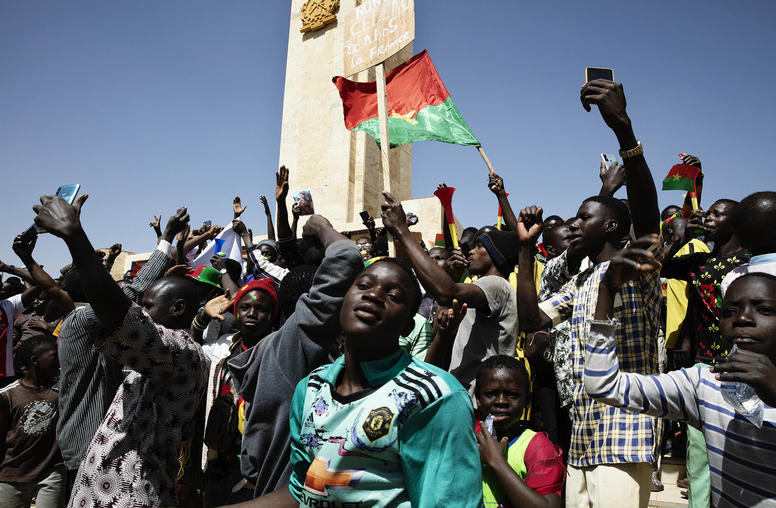
For Peace in Sahel, African and U.S. Experts Urge Focused Partnership
The past month has sharpened a decade-old question for U.S. and international policymakers: How best, in 2024, to help stabilize what is now the world’s largest single zone of military rule and violent conflicts — Africa’s Sahel region? After three military-ruled Sahel states withdrew from the West African regional community in January, those juntas last week proclaimed an alliance aimed at resisting international pressures, including those for their return to elected civilian rule. Former U.S. and African officials yesterday urged what they called vital changes in U.S. and allied policies to prevent a dangerous spread of the Sahel’s crises.
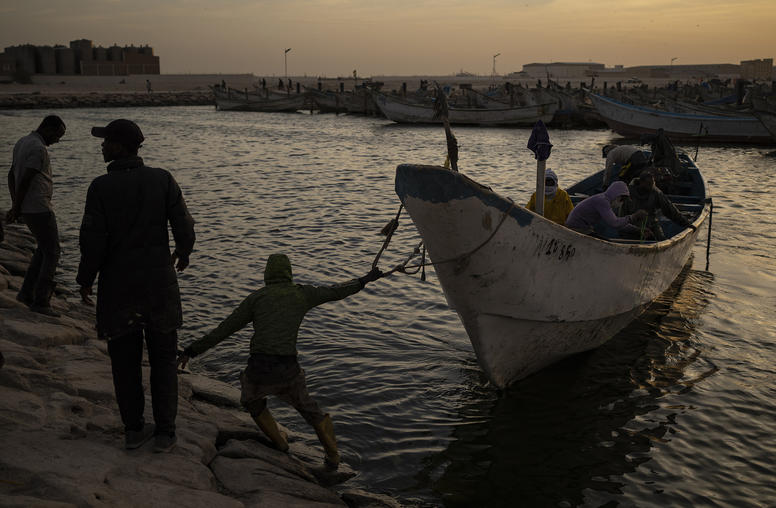
Senior Study Group for the Sahel: Final Report and Recommendations
The United States has not traditionally viewed the Sahel as a region of vital interest, whether in terms of security or from an economic or business perspective. This has led to a pattern of reactive involvement shaped by the circumstances of specific events rather than proactive commitments. This pattern reveals the lack of a comprehensive strategy for the volatile Western Sahel region, which includes Burkina Faso, Chad, Mali, Mauritania, and Niger. In April 2022, President Joe Biden announced that the US government would advance the “U.S. Strategy to Prevent Conflict and Promote Stability” in coastal West Africa by prioritizing a partnership with Benin, Côte d’Ivoire, Ghana, Guinea, and Togo.
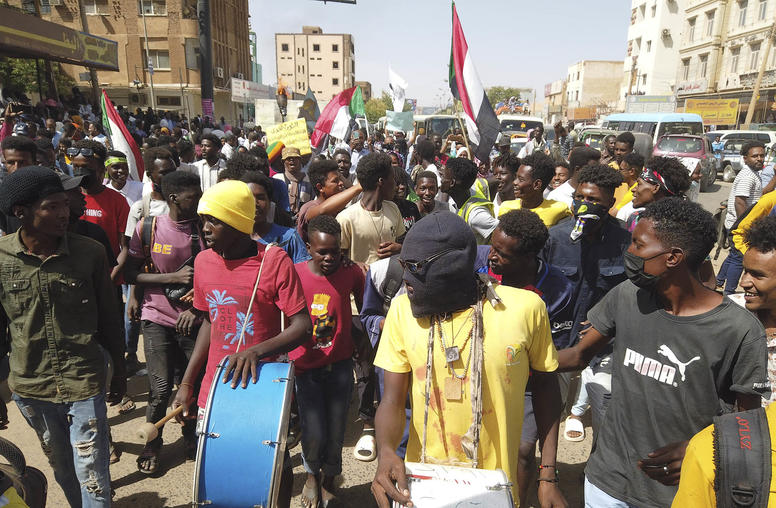
Countering Coups: How to Reverse Military Rule Across the Sahel
Three years of coups around Africa’s Sahel region — eight of them in six nations, from Guinea on the Atlantic to Sudan on the Red Sea — leave many African and other policymakers frustrated over how to respond. The Sahel’s crises have uprooted more than 4 million people and could add millions more to our record levels of global human migration as Africa’s population grows and its climate destabilizes. Yet the pattern of coups and other evidence — notably from USIP’s Sahel fieldwork, counter-coup research and bipartisan analysis teams — offer guidelines for effective responses by African, U.S. and international policymakers.
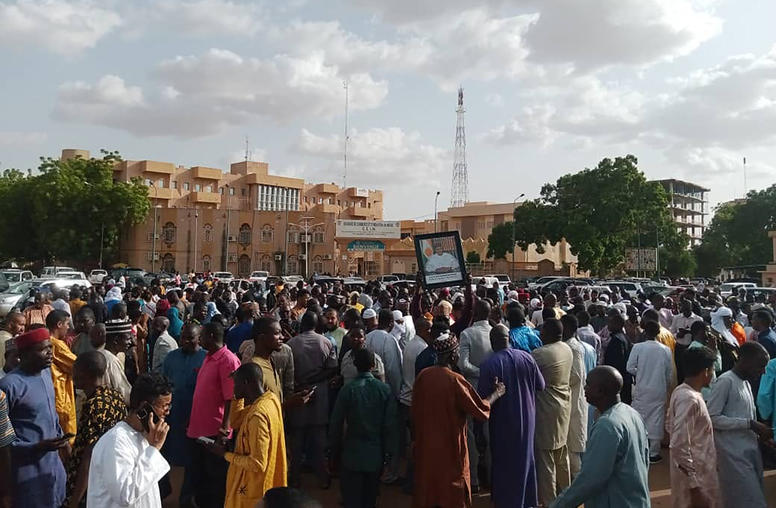
A Coup in Niger: What It Means for Africa, U.S. and Partners
This morning’s coup d’etat in Niger only deepens the pattern of instability across Africa’s Sahel and damages what has been a rare process of fairly steady democracy building in the region. Niger’s democratically elected government has been a valued partner for African and international efforts to stabilize the Sahel against its web of insurgencies, extremist movements and military coups. Kamissa Camara, a former foreign minister of Niger’s neighbor, Mali, now an analyst on the region with USIP, says the coup underlines lessons already evident about how to improve international efforts to build democracy and peace.
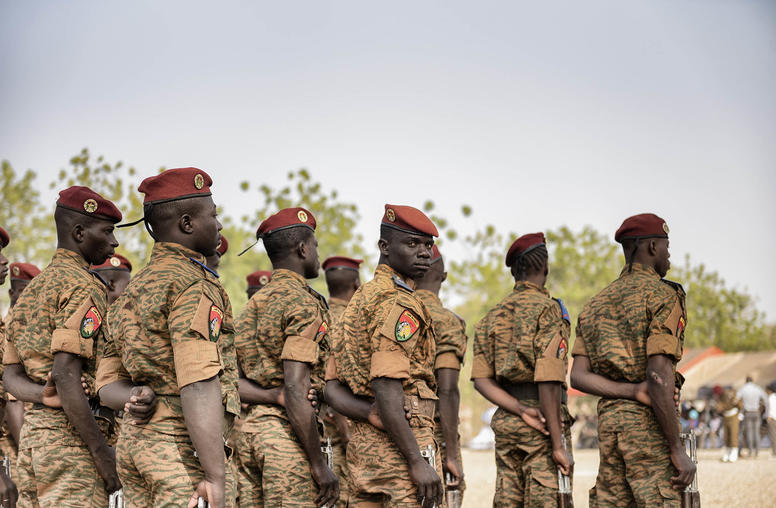
Another Coup in the Sahel: Here’s a Way to Halt This Cycle
This month’s coup d’etat in Burkina Faso, the seventh in 26 months around the Sahel region, only extends the Sahel’s long agonies of failing governance, civil wars and violent extremism. Military-led intervention by France and other outside powers has failed to stem the widening destabilization of a landmass and population vastly bigger than those of the recent U.S. wars in Afghanistan or Iraq. U.S. and international security require a policy reset that addresses the Sahel crisis’ causes rather than its symptoms. In Burkina Faso and other states, this means supporting inclusive processes of national dialogue that can mobilize whole of the society to address those causes.
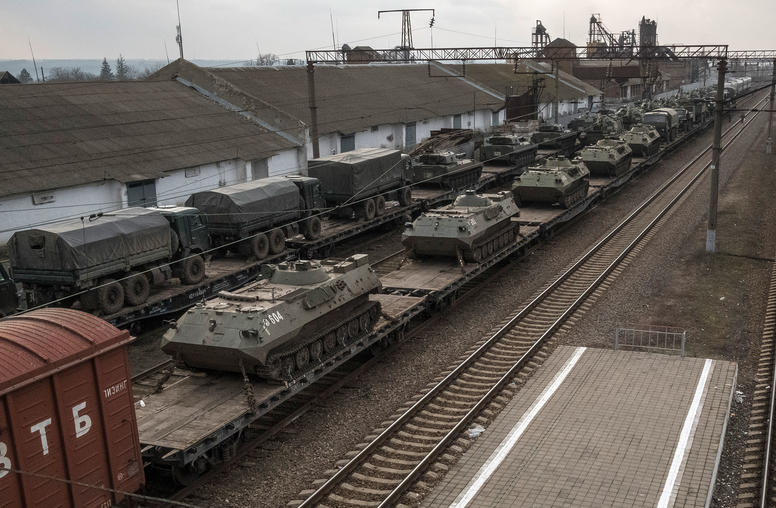
How Putin’s Invasion of Ukraine Affects the Rest of Russian Foreign Policy
USIP’s Heather Ashby, Jude Mutah, Andrew Scobell and Mona Yacoubian examine how the invasion of Ukraine might have shifted Moscow’s decision-making in other regions — such as Syria, the Sahel and China.
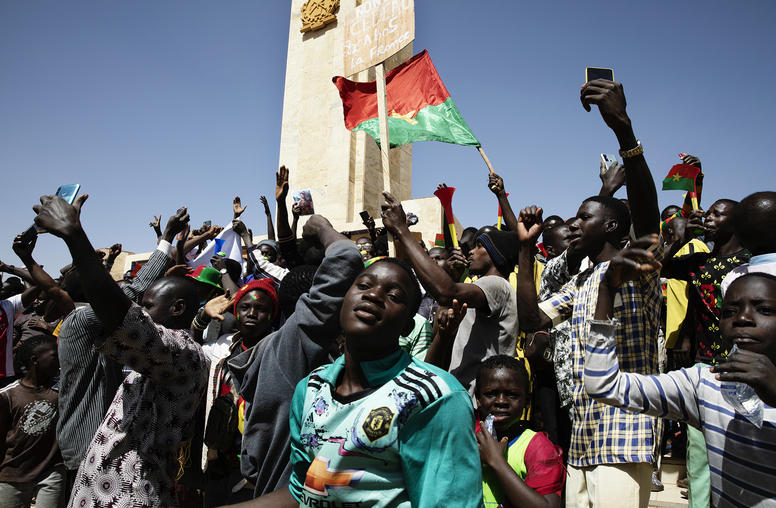
A Sixth Coup in Africa? The West Needs to Up Its Game.
The government of Guinea-Bissau says it survived an attempted coup d’état yesterday, just days after Burkina Faso suffered the fifth coup in nine months around the greater Sahel. These upheavals cement this African region as the most pronounced center of a global crisis: Poor and authoritarian governance is breeding extremism and transnational criminality, igniting violence and undermining efforts to build democracies. Following last year’s military power grabs in Chad, Mali, Guinea and Sudan, the new crises highlight widening risks to security — for the 135 million people of the Sahel region, and ultimately for Europe and the United States. They also point to changes needed in U.S. and international policies.

Une ville du Sahel conçoit un moyen d'améliorer les réformes – et l'aide internationale
La recrudescence cette année des troubles violents dans le Sahel en Afrique – des attaques djihadistes élargies, des coups d'État ou des tentatives militaires dans quatre pays, ainsi que le nombre constamment élevé de victimes civiles – souligne que des années de travail pour renforcer les forces militaires et policières n'ont pas réussi à réduire l'instabilité. Pour réduire l'extrémisme et la violence, les pays doivent améliorer la gouvernance, et des analyses récentes soulignent le besoin particulier de renforcer le sentiment des gens que leurs gouvernements peuvent assurer la justice et trouver des résolutions équitables aux griefs populaires. Un tel changement est une tâche extrêmement complexe et une ville du Burkina Faso a élaboré un plan de réformes locales avec un processus pour gérer cette complexité.

A Sahel Town Builds a Way to Improve Reforms—and Foreign Aid
This year’s escalation of violent turmoil in Africa’s Sahel—widened jihadist attacks, military coups or attempts in four nations, and continued high civilian casualties—underscores that years of work to reinforce military and police forces have failed to reduce instability. To undercut extremism and violence, countries must improve governance, and recent analyses underscore the particular need to build people’s confidence that their governments can provide justice and fair resolutions of popular grievances. Such change is an immensely complex task—and one town in Burkina Faso has shaped a plan for local reforms with a process to manage that complexity.